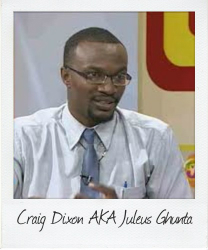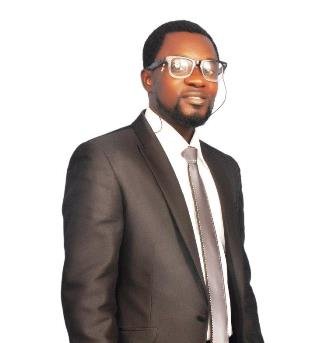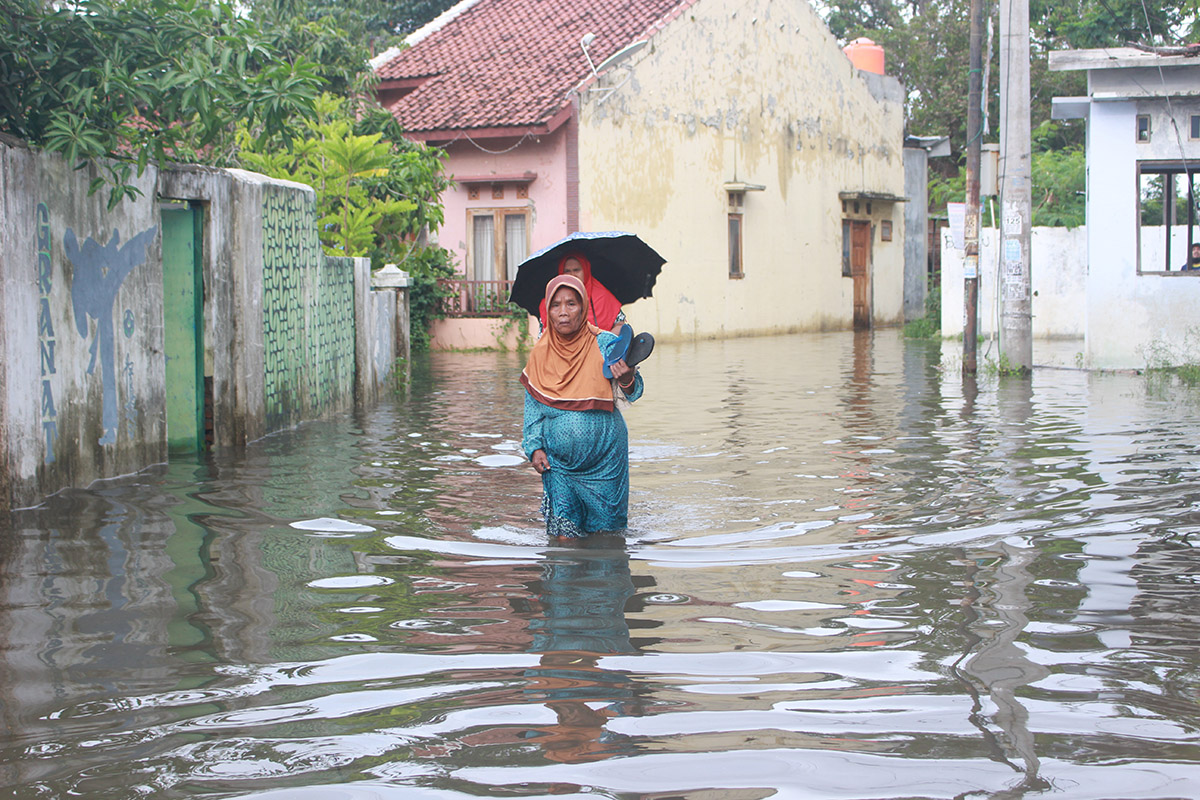"Peace building – an interview with Herbert Bangura"
May 13 Craig Dixon, aka Juleus Ghunta, 27, a Commonwealth Correspondent from Jamaica, interviews Herbert Bangura, executive director of Young Peace Builders (YPB), a youth-led social advocacy organisation based in Freetown, Sierra Leone (SL). In this interview they talk about issues including the legacies of SL’s civil war, recent political tensions, Ebola and YPB’s work and plans.
Craig Dixon, aka Juleus Ghunta, 27, a Commonwealth Correspondent from Jamaica, interviews Herbert Bangura, executive director of Young Peace Builders (YPB), a youth-led social advocacy organisation based in Freetown, Sierra Leone (SL). In this interview they talk about issues including the legacies of SL’s civil war, recent political tensions, Ebola and YPB’s work and plans.
Juleus Ghunta (JG): Thank you for agreeing to do this interview Mr Bangura. How do you define peace?
HB: Peace is generally a relative term which means different things to different people. For me peace is mostly a state of mind in which there is respect for human rights, the rule of law and justice for the poor.
JG: Please tell me about the nature and purpose of YPB.
HB: Young Peace Builders, which started in 2007, is a youth-led, non-governmental, non-political and not-for-profit organisation seeking to create a supportive environment for communities by encouraging youth volunteers and linking up their initiatives for peace and development. It was born out of a vision which I had to help young people to believe in themselves and work towards peaceful and prosperous communities, guided by respect for human rights and dignity.
JG: Is your work limited to Sierra Leone (SL)?
Our intervention is not limited to Sierra Leone. We do have focal points in other countries like Liberia, Guinea and Ivory Coast etc. and will continue to enlist more young people.
JG: Many in the West learned about the horrors of SL’s civil war (1991-2002) through the writings of activists like Ishmael Beah. What has YPB done to assist with the mending of wounds caused by that war?
HB: At Young Peace Builders we have researched the causes and effects of poverty, distress and violence. We have tried to inform the general public and decision makers about ways of relieving poverty, combating stress and ending violence in our communities. We have also advocate for the creation of opportunities that directly lead to the empowerment and employment of youths at all levels.
JG: In a meeting with UN officials in 2013 you described SL’s peace as ‘fragile’. How successful has YPB been in tackling the major hindrances to sustainable peace in SL? What do you think needs to be done to move pass this fragility?
HB: I did give them details of a number of issues which were being ignored by state authorities for which many were said to have been the reason for the senseless war which our people are too quick to forget. Here we are in 2015 and there is an increase in political tensions which is as a result of a rift that long existed between the president and the vice president. We have been stanch advocates for sustainable peace. We provide services to young people but due to funding challenges there is sometimes a great limit in what we can do.
JG: Yes and the challenges keep coming. Ebola. I read that YPB has played an important role in educating SL’s youth about the dangers of this terrible disease.
HB: Yes we have been involved in the three affected countries (Guinea, Liberia & SL) but the fight against Ebola has become complicated due to corruption and lack of commitment on the part of some government officials, frontline workers and the people despite the efforts and support from the international community.
JG: There seems to be no imminent end to Africa’s mega challenges (i.e. widespread poverty, regional conflicts, neo-imperialism etc.). Where do you fit the work and vision of YPB in this ocean of instability and insecurity?
HB: Africa is indeed faced with numerous challenges but these challenges are not insurmountable. Except for countries like Rwanda and Kenya our leaders have failed to provide quality affordable education and health care for our people. YPB believes in peace and democracy and we continue to educate and empower young people to monitor and participate in governance. We will continue to engage our peers constructively, hold our leaders accountable and ensure that we participate in decision making at local, national and international levels.
JG: What projects are YPB currently working on?
HB: We have a number of post-Ebola reconstruction projects for young people which are aimed at re-integrating them into society. We have The Sports for Peace; Filming & Music projects running…they have proven to be very effective in promoting peace however we face great financial challenges. We welcome any support. Also, we hope to conduct an “inter-religious peace building forum” late this year. This however will depend largely on whether or not we secure funding.
………………………………………………………………………………………………………
About me: I am a youth motivational speaker, dreamrighter and poet, and the creator of the D.R.E.A.M.R.I.G.H.T concept. I have delivered moving presentations at numerous organisations in Jamaica, across the Caribbean and in Africa. In 2013 Ireceived the Prime Minister’s National Youth Award for Excellence as a youth advocate. My poems have appeared or are forthcoming in Bim: Arts for the 21st Century (Barbados), Bookends (Sunday Observer) and Poetry Pacific (Canada). Email feedback to juleusghunta@gmail.com
………………………………………………………………………………………………………
Opinions expressed in this article are those of the author and do not necessarily represent the views of the Commonwealth Youth Programme. Articles are published in a spirit of dialogue, respect and understanding. If you disagree, why not submit a response?
To learn more about becoming a Commonwealth Correspondent please visit: http://www.yourcommonwealth.org/submit-articles/commonwealthcorrespondents/
…………………………………………………………………………………………………




